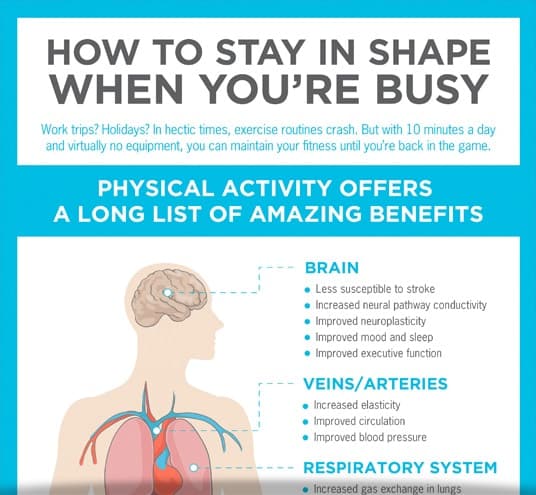
People know and understand what it takes to gain physical strength. Whether you know the specifics, most people would agree it takes resistance training of some sort, on a consistent basis, and some amount of discomfort will be involved. The discomfort is why most people never start, and why many others eventually give up. The discomfort is part of the process. The discomfort is necessary.
However, when it comes to mental strength, people seem to view the process differently.
Mental strength is developed by putting ourselves in situations that are uncomfortable and require mental strength. Most of our trials and tribulations that contribute to this are things that just happen.
Loss of a loved one, dealing with a disease, fighting thru poverty, major physical issues, etc. Fortunately or unfortunately, many of us have gotten to a place in life where things are pretty good. Not that we don’t have our own set of problems, but we’re not dealing with imminent danger on a daily basis.
And therein lies the problem. When we’re not tested, when we don’t have to flex our mental strength muscle, it weakens. When it weakens, we become susceptible to every thing thrown our way.
You ever see someone just flip the eff out? My 12 year old plays baseball. I watched an opposing coach absolutely losing his shit at a kid on the team for making a base running error. A 12 year old. In Little League.
That man is mentally weak.
I’m sure we’ve all seen some epic road rage. Again, that’s weakness. If you’re allowing your emotions to be wrecked by someone cutting you off in traffic, your mental game needs work. What will happen when something ACTUALLY goes wrong?
There’s a way to combat this and keep our minds sharp and guarded. Much like strength training in the gym, we must voluntarily…uncomfortably…force ourselves into circumstances which require our minds to work past their normal capacity. Since most of us are very averse to creating our own discomfort, it takes an extra effort and discipline to make this happen.
The gym is obviously a great place to push your limits and see what you’re made of.
The mental aspect of obstacle course racing has grown to be one of the reasons I keep seeking greater challenges in that arena.
Gaining greater discipline with your diet can be another. We don’t realize how much random crap we eat until we make the decision to clean things up.
Putting yourself in the elements of unpleasant weather works as well. Forcing yourself to go for a walk when it’s freezing cold or blazing hot outside can test the best of people.
Abstaining from your vice(s), whatever it may be…tv, alcohol, sex, drugs, social media, etc…is yet another way to harder your mind, and maybe the most effective of all of these as it’s often a mindLESS, automatic response we’ve created.
Whatever it is, I encourage you to find ways to test yourself. If life is doing a fine job of giving you opportunities to grow your mental strength, then lean in and take advantage. But if you’re sitting around comfortable and complacent, be willing to embrace some suck every now and then and put your mental game to work.
Aaannnddd GO!

